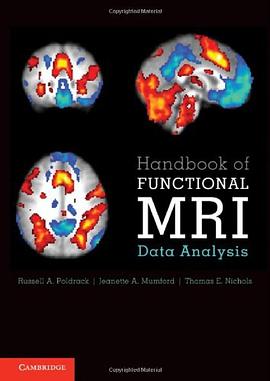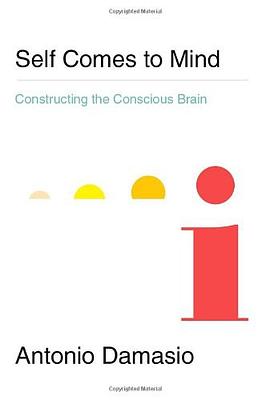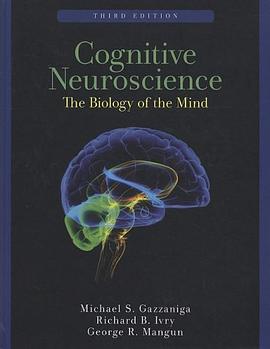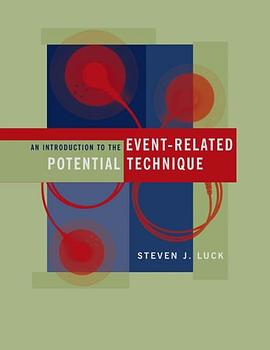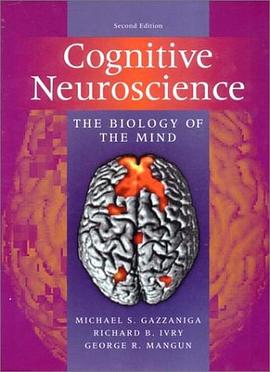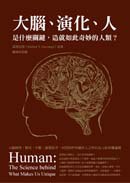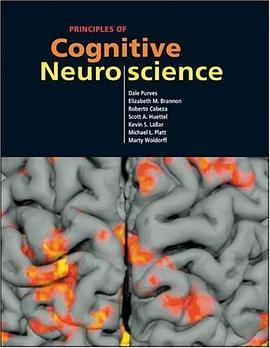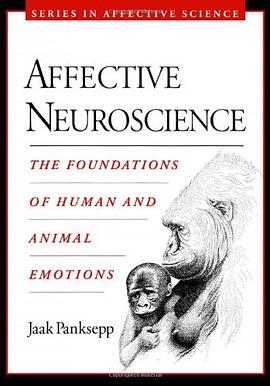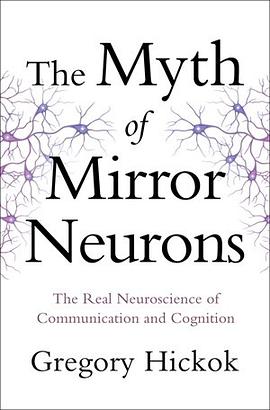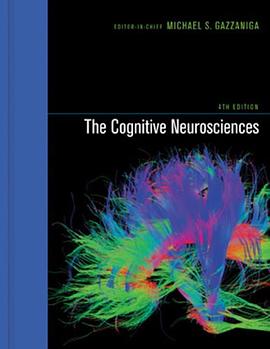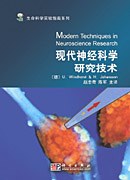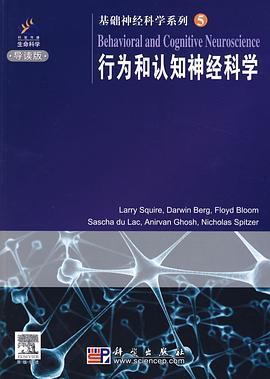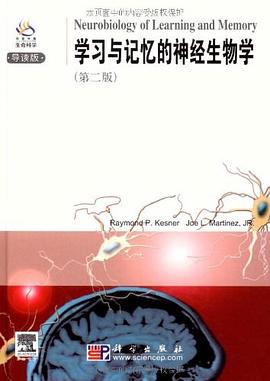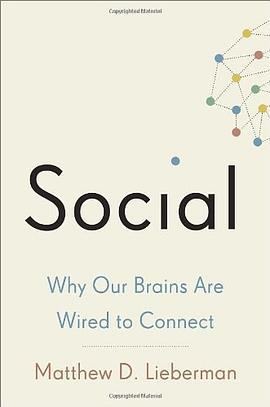

具体描述
We are profoundly social creatures – more than we know.
In Social , renowned psychologist Matthew Lieberman explores groundbreaking research in social neuroscience revealing that our need to connect with other people is even more fundamental, more basic, than our need for food or shelter. Because of this, our brain uses its spare time to learn about the social world – other people and our relation to them. It is believed that we must commit 10,000 hours to master a skill. According to Lieberman, each of us has spent 10,000 hours learning to make sense of people and groups by the time we are ten .
Social argues that our need to reach out to and connect with others is a primary driver behind our behavior. We believe that pain and pleasure alone guide our actions. Yet, new research using fMRI – including a great deal of original research conducted by Lieberman and his UCLA lab -- shows that our brains react to social pain and pleasure in much the same way as they do to physical pain and pleasure. Fortunately, the brain has evolved sophisticated mechanisms for securing our place in the social world. We have a unique ability to read other people’s minds, to figure out their hopes, fears, and motivations, allowing us to effectively coordinate our lives with one another. And our most private sense of who we are is intimately linked to the important people and groups in our lives. This wiring often leads us to restrain our selfish impulses for the greater good. These mechanisms lead to behavior that might seem irrational, but is really just the result of our deep social wiring and necessary for our success as a species.
Based on the latest cutting edge research, the findings in Social have important real-world implications. Our schools and businesses, for example, attempt to minimalize social distractions. But this is exactly the wrong thing to do to encourage engagement and learning, and literally shuts down the social brain, leaving powerful neuro-cognitive resources untapped. The insights revealed in this pioneering book suggest ways to improve learning in schools, make the workplace more productive, and improve our overall well-being.
作者简介
Mathew D. Lieberman was trained at Harvard University and is a professor in the Departments of Psychology, Psychiatry, and Biobehavioral Sciences at the University of California, Los Angeles, and the founding editor of the journal Social Cognitive and Affective Neuroscience. In 2007, the American Psychological Association awarded him the Distinguished Scientific Award for an Early Career Contribution to Psychology, an award given to one social psychologist every two years. He is one of the foremost authorities in the world on the study of Social Neuroscience.
目录信息
读后感
其实这本书只读了一个开头,就深深震撼到我了:“我们的大脑天生就与他人相互连接”,也就是说大脑闲下来的时候并不是一片空白,而是在处理社交。这意味着人类要么是在主动思考,要么就是在处理社交。意味着人类分为两种:一种主动思考更多,一种处理社交更多。前者更多的身份...
评分本书最大的特点是关于人类社会化研究的重要结论都结合了大脑的神经研究结果,核心观点:社交是促进人不断进化的核心动机,大脑有大量的进化是为社会化服务的。 大脑在我们空闲时,会激活思考社会认知的默认网络(背内侧前额叶皮层,心智解读) 社会痛苦/快乐和物理痛苦/快乐背...
评分过去,我很少专门去考虑人和人的交流、社会形成的推动力到底是什么。即便偶然想起,也不过会从“物质决定意识”的终极哲学角度去分析。 直到我看了这本书。 看到书名的时候,你可能会认为这是一本关于社交网络的,甚至是相关网站运营的工具书,并不是。 这是一部关于人脑神经科...
评分就像观察一个人要看ta的脸那样,了解一本书的主要内容就要翻看书的目录。当翻看这本书目录时,我瞥到了这个小标题:“为什么智商越高的人越不好相处”。我立刻被它吸引了——因为我的人际关系就没有那么理想,同时我也有志于学术,爱看书。 作者对那个小标题提出的问题所做出的...
评分用户评价
这类用社交疼痛和物理疼痛大脑活跃区域的相似来推出社交疼痛如物理疼痛一样真实的论证有多强、极少提及元分析的个别研究结果作为论据有多可靠、fMRI无法探究大脑内部机制等原因造成许多推论还只是有待验证的假说,撇开这些问题作者提出了一套有趣的观点:进化论上社交愉悦和疼痛对于幼儿存活具有意义,为了满足社交需求我们发展出了把物理动作看作具有意义的行为的镜像系统和解读他人心智的系统,为了与社会相协调社会建构的观念被我们当成了发自内心的信仰(甚至能找到与此相关的大脑区域),因此自我并非如我们所想那般独立于社会和他人之外,而自我意识如全景式监狱般规训着自我,让社会成为我们实行自我控制的最终受益者。
评分Those hypothesis and experiments in the book reveal some secrets of our brain for our emotion and activity ,such as social pain, mentalizing, self control , retain and reappraisal,etc. They will do some help in understanding other people and myself more, which leads to a more healthy mental condition and smoother social relationship.
评分so interesting, and could be leveraged for a great novel or movie: social pain is like physical pain -- would chatting with friends only while someone standing nearby considered as bad as punch him? social recognition as physical reward -- would love/praise useful in management, life? the self is also a backdoor for social influence -- are you you?
评分本书harmonize那一章写得最出色 觉得心理学只要注意不被自己的局限性绑架 分析起来也是个很好玩的东西。虽然考试倒霉有段时间肚子难受得打颤没有静下心回答问题…感觉自己看的知识都没有很好的写出来…
评分我们对自己始终所知甚少
相关图书
本站所有内容均为互联网搜索引擎提供的公开搜索信息,本站不存储任何数据与内容,任何内容与数据均与本站无关,如有需要请联系相关搜索引擎包括但不限于百度,google,bing,sogou 等
© 2026 book.quotespace.org All Rights Reserved. 小美书屋 版权所有

